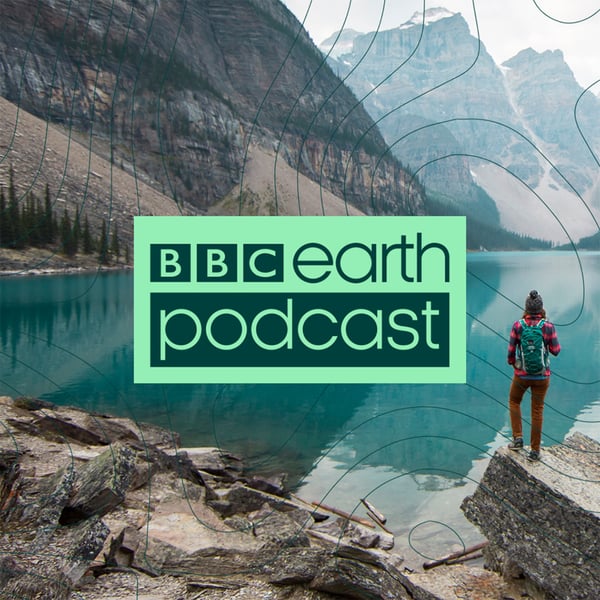Saving the world's rarest marine mammal
BBC Earth Podcast
Jenkins Laura
4.6 • 611 Ratings
🗓️ 6 April 2021
⏱️ 32 minutes
🧾️ Download transcript
Summary
In this episode, we’re delving into the topic of extinction. We'll be finding out about some of the animals who are critically endangered, meeting the people trying to rescue them, and exploring species who may be able to make miraculous comebacks.
Perhaps one of the most endangered species is the vaquita, a small sea mammal with a population of less than 20. We hear from some extraordinary people weathering threats and tragedies in an attempt to bring these ‘pandas of the ocean’ back from the brink.
According to US Department of Agriculture researcher, Dr Samuel Ramsey, every discovery is built upon a discovery that came before it. Yet some of those discoveries can be found in the most unexpected of places. For Samuel, understanding his father’s health issues provided the key to discovering why honeybee populations are on the decrease.
And to finish, we’re asking one of the biggest questions in paleontology: how did birds evolve from dinosaurs? To help us explore this topic, we’ve got the help of Jingmai O’Connor whose work in China has helped shed light on the distant link between the extinct dinosaur and ballooning bird populations.
Thank you for listening to another series of the BBC Earth podcast.
As ever, we love hearing from you on social media, so do share with us your favourite episode so far or a story that amazed, surprised or moved you…
Website: www.bbcearth.com
Facebook: www.facebook.com/bbcearth/
Instagram: www.instagram.com/bbcearth/
Twitter: www.twitter.com/bbcearth
Hosted on Acast. See acast.com/privacy for more information.
Transcript
Click on a timestamp to play from that location
| 0:00.0 | This is a podcast from BBC Studios. |
| 0:03.9 | A commercial subsidiary of the BBC. |
| 0:14.6 | The plan to rescue Vikido's from the dangerous waters within the Upper Gulf of California began with trying to find |
| 0:26.5 | them. There are small animals that are living in a pretty big body of water. At the time of the |
| 0:35.1 | operation, we thought there were about 30 porpoises left. |
| 0:38.9 | And so just finding them was going to be a big challenge. |
| 0:43.8 | Welcome to the BBC Earth podcast, the podcast that's tracking down some of the rarest animals on the planet |
| 0:49.4 | and doing our best to bring them back from the brink of extinction. |
| 0:53.4 | I'm Emily Knight. |
| 0:54.7 | We knew how quickly the species was declining. So we knew that this was kind of it. We might |
| 1:02.5 | not have another chance. We knew that just in a matter of years, the species could disappear. |
| 1:09.3 | In this episode, we're meeting the animals under threat, the people trying to save them, and the species could disappear. In this episode, we're meeting the animals under threat, |
| 1:12.6 | the people trying to save them, |
| 1:14.3 | and the species which might just be able to make a miraculous comeback after all. |
| 1:21.7 | Our first story is about a marine mammal that you might not have heard of. |
| 1:25.5 | It's a tiny porpoise, the smallest member of the whale family. |
| 1:29.0 | You could fit one in a bathtub. |
| 1:31.0 | Not that you should. |
| 1:32.4 | It's called the Vakita. |
| 1:34.1 | And they live only in a small strip of ocean called the Gulf of Mexico, or the Sea of Cortez. |
| 1:39.4 | The Vakita is one of the smallest cetaceans in the world. |
| 1:43.1 | It's one and a half meters long and females are |
... |
Please login to see the full transcript.
Disclaimer: The podcast and artwork embedded on this page are from Jenkins Laura, and are the property of its owner and not affiliated with or endorsed by Tapesearch.
Generated transcripts are the property of Jenkins Laura and are distributed freely under the Fair Use doctrine. Transcripts generated by Tapesearch are not guaranteed to be accurate.
Copyright © Tapesearch 2025.

